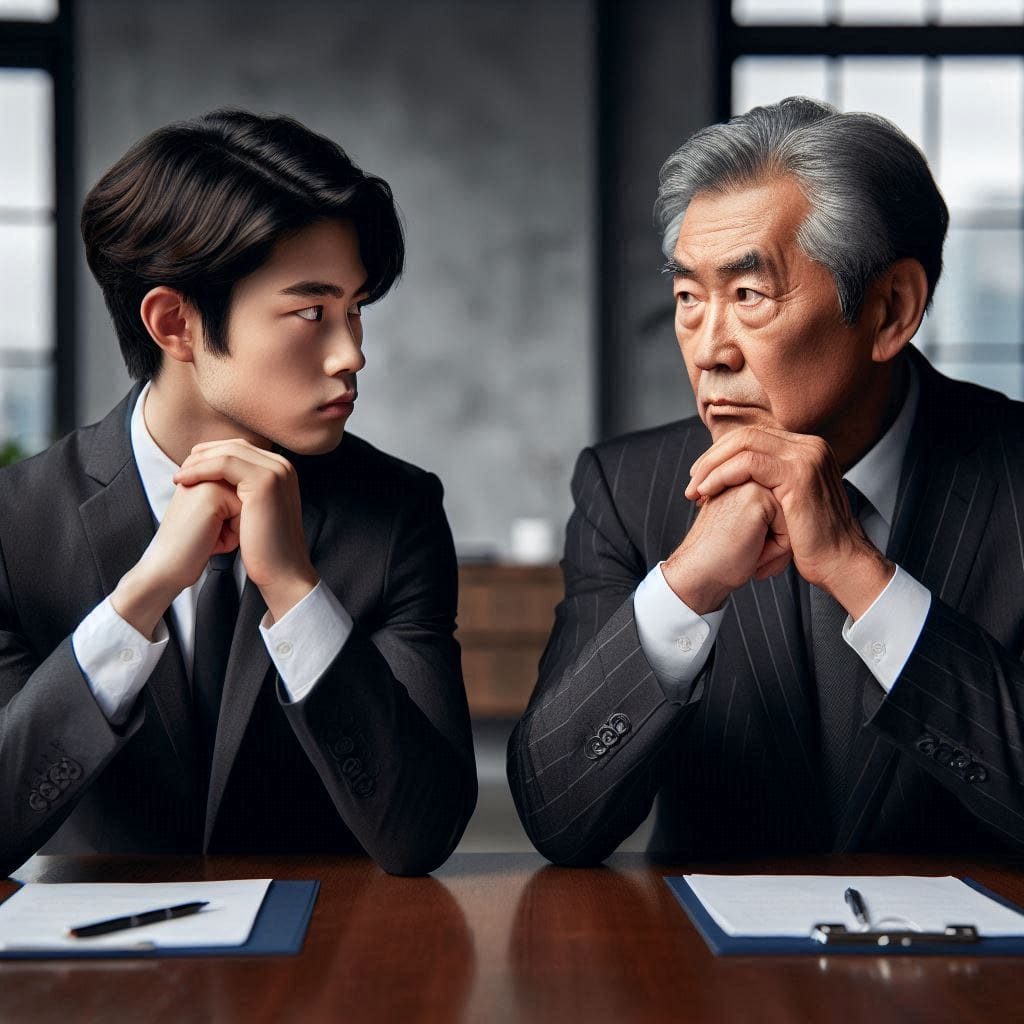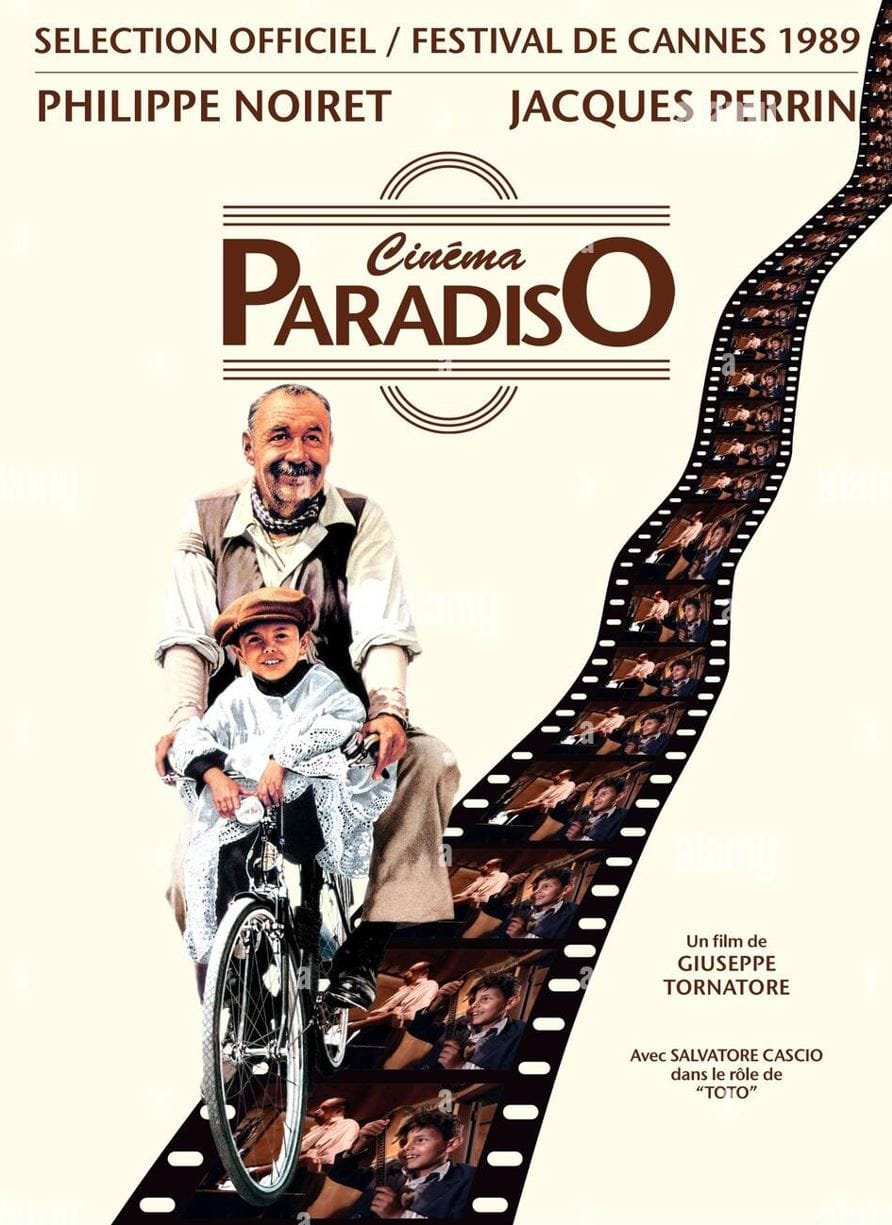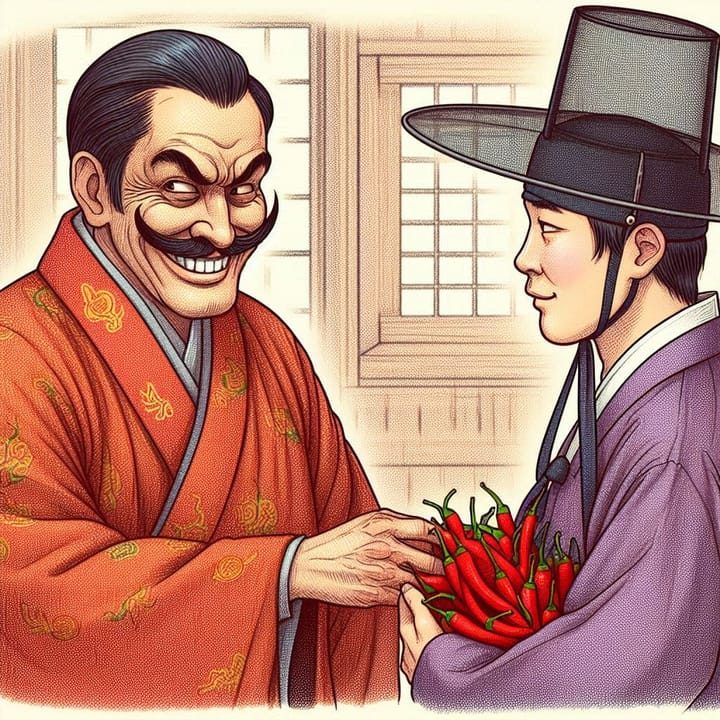Why can’t we be friends?
Sensitivity to age differences among Koreans

Do you have a Korean friend? Do you remember when you first met? Maybe they embarrassed you by asking, "How old are you?" It can catch you off guard. Koreans are used to establishing a hierarchy based on age. If the age difference isn’t clear, they will ask to determine their place in the relationship.
In the past, families were larger. People lived with their grandparents and distant relatives, forming tight-knit communities. Neo-Confucianism influenced these traditions, stressing respect for elders and honoring parents. This created a society centered on hierarchy. Before the Internet technology, social circles were small. Age became the main way to establish status, and biological age was often seen as equal to maturity.
This age-based hierarchy affects our children's diversity. If a child does not attend college right after high school, their peers may see him as a failure. Society may label him a loser if he graduates but struggles to find a job. Falling out of step with their age group can create significant psychological discomfort.

What about your society? I remember a film called "Cinema Paradiso," which was popular in Korea after its release in 1989. It told a story of friendship between a grandfather and a young boy. That could happen in Italy but not in Korea. How could a child and a respected elder be equals? The difference in maturity creates a barrier.
Many changes are happening in Korea now. We are a country that has risen from the ashes of the Korean War. What used to be a struggle for daily survival has transformed into a place many foreigners visit. A Korean film has won Academy Awards. K-pop has hit the Billboard charts. Foreign young people are falling in love with Koreans. International couples are now common in Seoul. Once, a Korean woman with a foreign white man faced harsh judgment. Times have changed.
The influx of diverse perspectives softens the rigid views on age in Korea. Our working environment shifted after the economic crisis in 1997. Before that, seniority was critical in promotions, and even less capable individuals could rise through the ranks. After 1997, however, competence became more necessary. Younger employees can now be in charge, and more husbands are marrying older wives. This is more accepted now than before.
Please help to soften our rigid mindset when you come to Korea.🙏 And there’s good news: About a year ago, the law changed how we calculate age. Now, we count from birth, just as you do. In the past, a baby was considered one year old at birth. We counted the ten months spent in the womb. Now, your Korean friends won’t seem a year older than you. No need to call them "elder brother" or "elder sister" with respect. Fair enough? 😅✔️




Comments ()